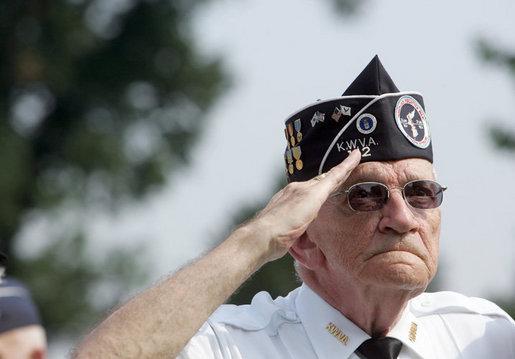His story and that of other 2,000 other Second World War veterans who suffered from mental problems and who received the procedure following the end of the war, was depicted in a series by the Wall Street Journal, called “The Lobotomy Files.”
Tritz was born in Portage in 1923 and his biggest dream was to fly. He left the school after completing the eight grade, in order to help his father with looking after the cows. Asked why he likes flying, the old man let his watery blue eyes be seen, saying he likes everything about it.
He joined the United States Army Air Force after the Pearl Harbor attack, being the oldest of his siblings and therefore the one that was supposed to go. So he left for England in 1944, to serve with the 728th Squadron of the 452nd Bombardment Group. He completed 34 combat missions, including one, extremely dangerous and which put them on an enemy air patch raining with German anti-aircraft fire. The mission was considered so dangerous that Tritz and his crew were asked to sign a document, stating and swearing that nobody forced them to go. Most of them wanted to return once they were in the sky and seeing what was going on, but Tritz told them not to give up and to be brave. He remembered telling them that if they keep running, they will never be able to defeat their enemies, the SFGate reports.
When he returned from the war in 1945, Roman Tritz was a different person. Not even his family was able to recognize him and his sisters were afraid of him, since he came back having delusions, paranoia and horrible thoughts. His parents’ only option after hearing the VA doctors’ recommendation was to try psychosurgery. He had holes drilled into his forehead and his brain cut into, hoping the voices inside his head would just go. Tritz said he never agreed with that lobotomy but he was forced to have it done.
According to some recent Wall Street Journal research, Tritz was only one of about 2,000 soldiers who were lobotomized during or following the end of the Second World War. “Reading about what had happened to Roman, all I could think was ‘thank God we’ve progressed,” said the medical director at the Tomah VA, Mario De Sanctis.
Tritz lived with his family for a while, after the war, and moved to a few boardinghouses, before going to La Crosse in 1963, where he started vocational school. He wasn’t able to have very stable jobs, since he had seizures, which made it difficult to find work.
